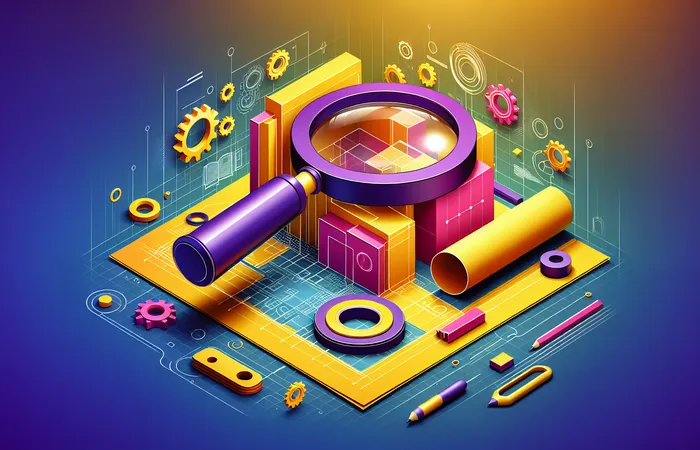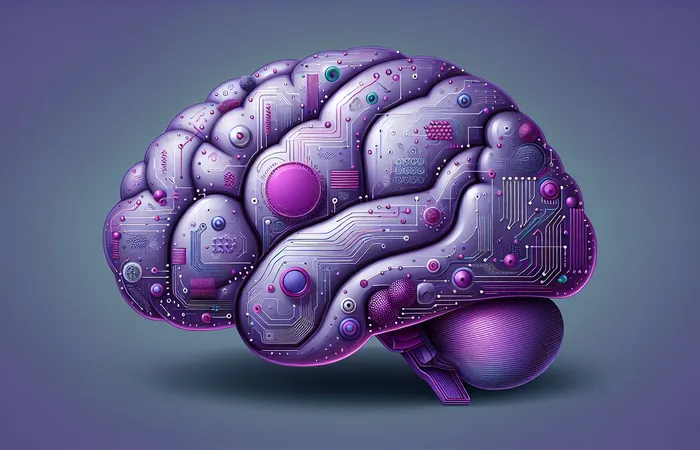Cultivating a Future Focused Learning Culture

Building a robust learning culture prepares organizations for future challenges, fosters growth, and encourages innovation. This article delves into strategies to cultivate an adaptive, future-focused learning environment.
Embracing a Learning Culture
In today's fast-paced business environment, embracing a dynamic learning culture ranks high on the organization's priority list. As industries evolve, the ability to learn and adapt swiftly separates thriving businesses from those that flounder. Cultivating a culture where learning is integral empowers employees to pursue continuous development, enhancing both individual and organizational performance. This focus on lifelong learning contributes significantly to future success.
Developing a learning culture begins by promoting an attitude where learning is valued at every level. Leadership plays a pivotal role in setting this tone. Leaders must model continuous learning behaviors and create an atmosphere where curiosity is celebrated and mistakes are viewed as valuable learning opportunities. Smart organizations encourage employees to share insights and knowledge, fostering an environment of open collaboration. This open exchange of ideas and experiences is pivotal in building a community that is both knowledgeable and innovative.
Integrating Technology in Learning
The role of technology in shaping the future of learning cannot be overstated. From e-learning platforms to AI-enhanced tools, technology offers diverse avenues for employee engagement and growth. Organizations can utilize various digital platforms to provide employees with access to online courses, webinars, and virtual workshops tailored to specific skills. This accessibility makes learning a continuous and flexible endeavor that fits within the everyday work routine.
AI-driven analytics also offer insights into learning habits, helping HR departments to personalize learning experiences. Tailored learning paths ensure employees have access to resources aligned with their career goals and the organization's strategic objectives. Instant feedback facilitated by technology acts as a catalyst for learners, enabling them to track their progress and make necessary adjustments promptly.
Fostering Inclusive Learning Environments
An effective learning culture thrives on inclusiveness. Understanding diverse learning styles and needs strengthens team performance and fosters a sense of belonging. Cultivating an inclusive learning environment means providing various learning options that accommodate diverse preferences, including visual, auditory, and hands-on approaches.
Encouraging feedback through surveys and open discussions also enables organizations to identify barriers that may prevent certain employees from fully engaging in learning opportunities. Regularly reassessing learning resources and tools for their accessibility and inclusivity ensures that every employee feels equally valued and supported in their learning journey.
Adapting to Future Workplace Needs
As businesses navigate the rapidly changing landscape, preparing for the future of work includes anticipating skill requirements and proactively addressing gaps through strategic upskilling and reskilling initiatives. The workforce of tomorrow will require not only technical skills but also an emphasis on soft skills such as critical thinking, problem-solving, and emotional intelligence.
Organizations need to regularly assess future skill demands, allowing them to tailor learning programs accordingly. By forecasting future needs, they can enable employees to acquire relevant skills proactively, reducing the gap between existing capabilities and future demands. Collaborating with industry experts and educational institutions can further enrich learning offerings, connecting employees with cutting-edge knowledge and practices.
Encouraging Self-directed Learning
Self-directed learning is increasingly becoming a cornerstone of successful learning cultures. Encouraging employees to take ownership of their learning journey fosters a more engaged and motivated workforce. Providing autonomy in choosing learning paths and opportunities allows employees to pursue areas of personal and professional interest, sparking innovation and creativity.
Setting clear expectations and aligning self-directed learning with organizational goals ensures employees remain focused and productive. By promoting an atmosphere where curiosity, exploration, and self-initiated learning are supported, organizations can harness their employees' intrinsic motivation to learn and grow.
Evaluating Learning Effectiveness
To ensure that the efforts put into cultivating a learning culture bear fruit, it is crucial to evaluate the effectiveness of learning initiatives. Setting measurable goals and employing tools to assess the impact of learning programs helps organizations determine their return on investment in employee development.
Collecting data on learner engagement, satisfaction, and skill acquisition enables organizations to refine their programs continuously. The insights gained from these evaluations are instrumental in modifying learning strategies to better support organizational goals and workforce development.
Conclusion
Cultivating a future-focused learning culture is essential in preparing organizations for tomorrow's challenges. Embracing learning as a core value, leveraging technological advancements, fostering inclusivity, and encouraging robustness in learning approaches are pivotal steps in creating an effective learning environment. With a steadfast commitment to nurturing talent and promoting continuous growth, organizations can ensure they are well-equipped to navigate the complexities of the evolving business landscape, ultimately securing their place in the future of work.



